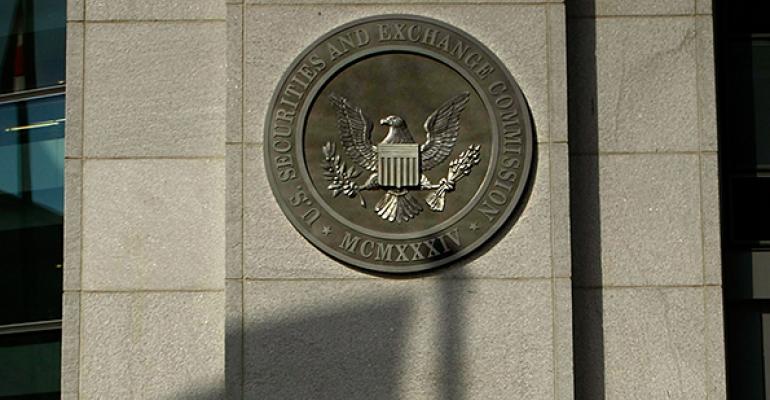The head of a former registered investment advisor is being charged by the SEC for his role in a $60 million Ponzi scheme.
In a complaint filed in federal district court in Manhattan, the SEC asserted that David Hu, the co-founder and chief investment officer of International Investment Group (IIG), had overvalued assets in one of IIG’s hedge funds, with the fund subsequently paying higher fees to the firm. Additionally, Hu allegedly sold $60 million in fake trade finance loans to investors, using the money to pay back clients who requested repayment on earlier investments.
Hu’s actions caused “substantial losses” for the firm’s retail mutual fund, as well as other funds IIG advised, according to Sanjay Wadhwa, the senior associate director of the SEC’s New York Regional Office.
“The SEC remains committed to holding accountable individual wrongdoers who seek to take advantage of investors for personal gain, including when they employ elaborate means to cover up their fraud,” he said.
According to the complaint, Hu’s frauds were committed to cover up millions of dollars in losses on bad bets in order to keep IIG afloat. IIG had primarily specialized in trade finance lending, which the SEC said was risky loans for small and mid-size companies in emerging markets. But since about 2007, Hu started hiding losses in one of the firm’s portfolios by overvaluing certain loans and replacing defaulted loans altogether. Hu would then sell these overvalued or nonexistent loans to new investors in order to pay back earlier clients.
Additionally, starting in Dec. 2012, IIG advised on an open-end mutual fund for retail investors. At one point, one of the investors in this fund defaulted on a $6 million payment on a loan that had been recommended by IIG, according to the SEC. Hu was worried about losing the revenue generated from the mutual fund, so to plug the gap, he directed individuals at IIG to use funds from a separate account to make the defaulted payment for the borrower. IIG then sold that same mutual fund a fake $6 million loan to recoup its own losses.
According to the SEC, Hu demanded IIG employees create fake loan documentation to fool the borrowers and the mutual fund, including fake promissory notes and a forged credit agreement.
The SEC case comes on the same day that the U.S. Attorney’s Office for the Southern District of New York launched criminal charges against Hu in regard to the alleged Ponzi scheme. The SEC is seeking permanent injunctive relief, as well as disgorgement and civil penalties.
The commission had previously charged IIG with fraud on Nov. 21, 2019, and revoked its registration as an RIA five days later. In late March, the SEC obtained a final judgment forcing IIG to pay more than $35 million in disgorgement and prejudgment interest.
Hu could not be reached for comment.

